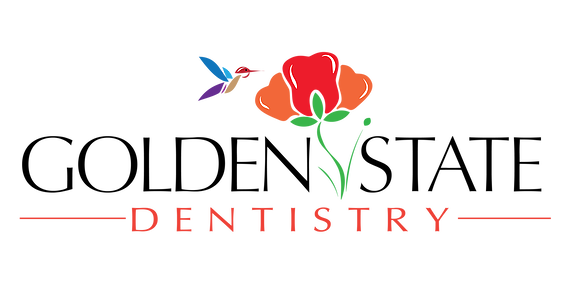 Regular dental cleanings are necessary, not only to keep your teeth white and clean, but also to insure long-term health of your teeth and gums, and to prevent decay, cavities, and gum disease. Thus, it is recommended to see a dentist at least twice a year to get your teeth professionally cleaned.
Regular dental cleanings are necessary, not only to keep your teeth white and clean, but also to insure long-term health of your teeth and gums, and to prevent decay, cavities, and gum disease. Thus, it is recommended to see a dentist at least twice a year to get your teeth professionally cleaned.
However, there may be a time your dentist may recommend a deep cleaning, also known as periodontal scaling and root planing. In this blog we will explore the difference between the two types of cleanings.
What is a Regular Dental Cleaning?
During a regular dental cleaning, your dentist removes all tartar and plaque from the teeth’s surfaces. A regular dental cleaning is performed without anesthesia and typically takes anywhere from 20 minutes to one hour. If you make regular dental visits every six months for a cleaning and take good care of your oral health at home daily, you probably won’t ever need a deep cleaning.
What is a Deep Cleaning?
While regular dental cleanings focus on cleaning and polishing the tooth’s surface at or above the gum line, deep cleaning involves removing plaque and tartar from the root of the tooth that is below the gum line. Deep cleaning is always recommended for patients, who have a buildup of tartar that extends to the tooth roots, resulting in bad breath, swollen gums, and other early signs of gum disease.
How is a Deep Cleaning Different From a Regular Dental Cleaning?
Different purpose, for gum disease treatment
The main goal of a regular dental cleaning is to maintain the general cleanliness of your teeth. The main goal of a deep cleaning, however, is to treat periodontitis, or gum disease, causing the disease to go into remission. Thus, a deep cleaning is only performed when gum disease is present.
More extensive procedure, performed in two appointments
The biggest difference between a deep cleaning and a regular dental cleaning is that a deep cleaning is a more extensive procedure. Unlike a regular dental cleaning, a deep cleaning is typically done in two appointments. This is because your dentist will use local anesthesia and work on one side of the mouth at the first appointment and the other side of the mouth at the second appointment.
Requires more time per appointment
Unlike the shorter dental cleaning appointments, each deep cleaning appointment is approximately 40 minutes to an hour, depending on the severity of the tartar buildup. In addition, a deep cleaning is typically performed in two stages:
1. Scaling - removal of plaque and tartar below the gum line to the bottom of the periodontal pocket.
2. Root planing - smoothing out of the tooth root surface, allowing the connective gum tissue to regrow, reattach to the tooth root, and support the tooth once again.
More frequent dental visits for maintenance
Another big difference between a deep cleaning and a regular dental cleaning is the required maintenance. Instead of every 6 months as with a regular cleaning, after a deep cleaning, you will need to come back every 3 months for periodontal maintenance to prevent bacterial growth from coming back. Please note that once the dentist has made a periodontitis (gum disease) diagnosis, we cannot perform a regular dental cleaning as it's against our ethical and professional standards.
Why is a Deep Cleaning Important?
Leaving gum disease untreated can lead to tooth loss. Fortunately, a deep cleaning, along with antibiotics, is usually enough to resolve minor-to-moderate cases of gum disease, reduce inflammation, and improve gum health.
The first step to a healthy, beautiful smile is to schedule an appointment. Please contact our Walnut Creek dental office by phone at (925) 705-7093 or click the button below to complete an appointment request form.


.jpg?width=712&name=GSD-Scalloped-Tongue-Causes-and-Treatment-Blog-01.27.2210.21.21%20(1).jpg)











.jpeg?width=425&name=GSD-How-to-Combat-Dental-Plaque-07.22.24-2%20(1).jpeg)



